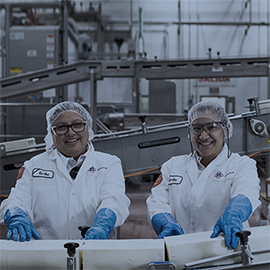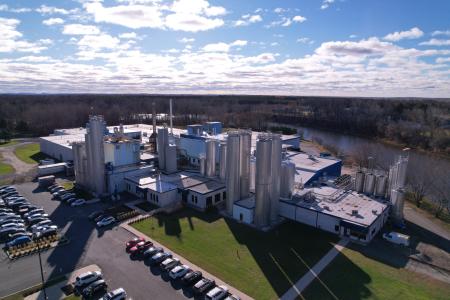Milk quality and animal welfare: Agropur crowns its Grand Champions
Longueuil, QC, February 12, 2026 – Agropur took advantage of its 87th Annual General Meeting to announce and recognize this year’s Grand Champions of the Club of Excellence. Ferme Gagnonval of Sainte-Hénédine, QC (Chaudière-Appalaches) and Ferme Janibert of Ange‑Gardien, QC (Montérégie) distinguished themselves among top…











